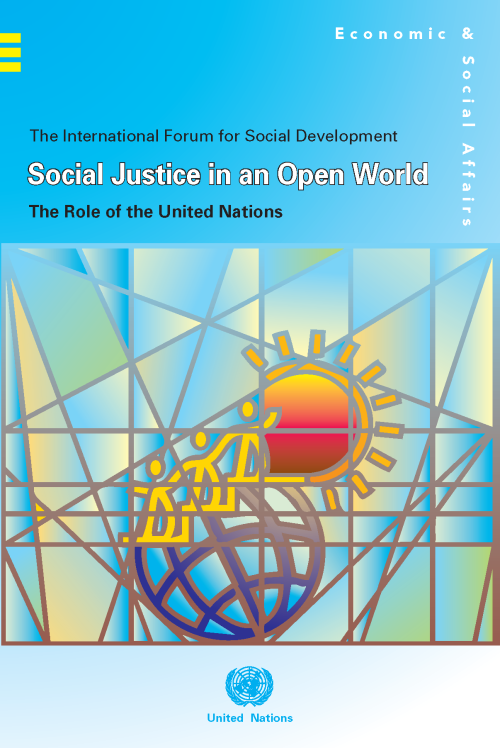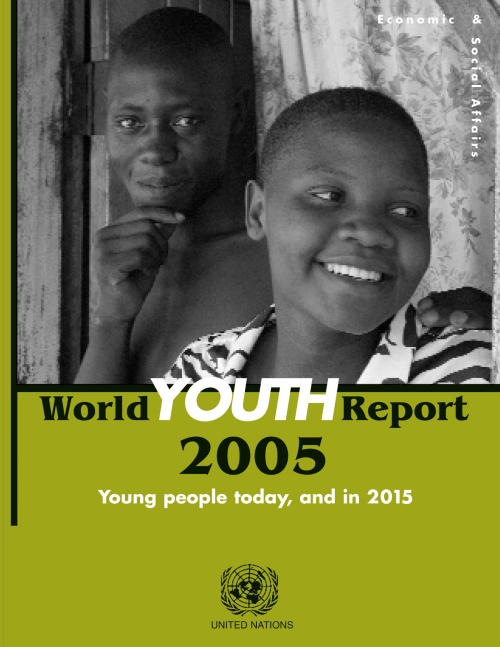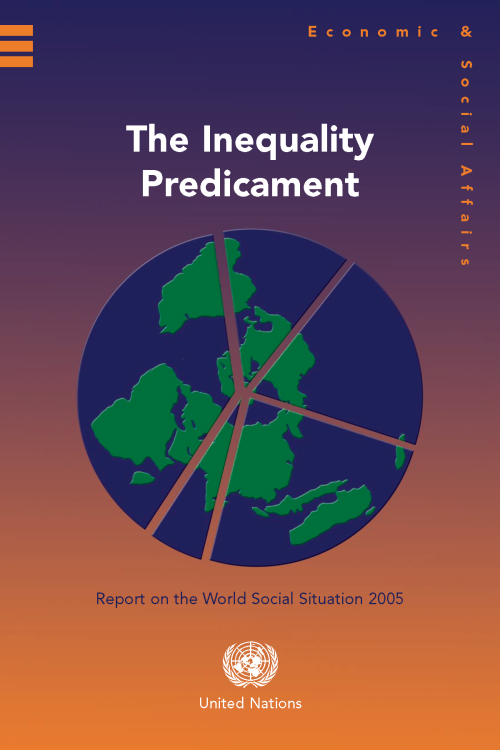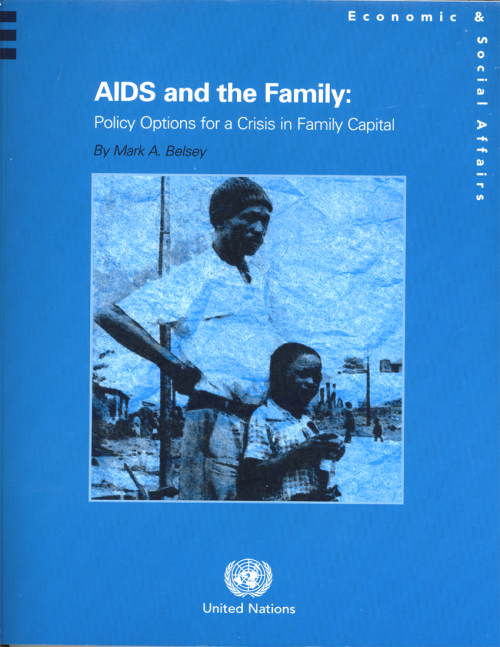Publications
There are over 370 million indigenous people in some 90 countries, living in all regions of the world. The situation of indigenous peoples in many parts of the world is critical today. Poverty rates are significantly higher among indigenous peoples compared to other groups. While they constitute 5 per cent of the world's population, they are 15 per cent of the world's poor. Most indicators of well-being show that indigenous peoples suffer disproportinately.
The International Recommendations for Tourism Statistics 2008, which has been released in 2010, provides a comprehensive methodological framework for collection and compilation of tourism statistics in all countries irrespective of the level of development of their statistical systems. The publication also contains a wealth of information that might be of interest to data users who would like to understand better the nature of tourism data. The international recommendations were drafted by the World Tourism Organization in close cooperation with the UN DESA Statistics Division, the International Labour Organization and other members of the Inter-Agency Coordination Group on Tourism…
The Supplement covers a number of topics deemed to be beneficial to trade data compilers, including an overview of compiling practices, the revised International convention on the simplification and harmonization of customs procedures (revised Kyoto Convention), the 2007 edition of the Harmonized Commodity Description and Coding System, specific compilation issues such as goods for processing and re-exports and an overview of the differences between IMTS and general merchandise.
The World Survey on the Role of Women in Development is the flagship publication of the DESA's Division for the Advancement of Women. It is presented to the Second Committee of the General Assembly at five-yearly intervals. The 1999 World Survey focused on globalization, gender and work and the 2004 World Survey addressed women and international migration. The General Assembly requested...
The present report recognizes that further progress has been made towards fulfilling the promises embodied in Millennium Development Goal 8 (MDG 8). At the same time, it identifies important setbacks, most of which have arisen from the current state of the world economy which is suffering its severest downturn since the Great Depression of the 1930s. Some donor countries are cutting their budgets for official development assistance (ODA); several developed and developing countries have resorted to protectionist measures; resurging debt distress is increasing the need for further and broader debt relief; the costs of essential medicines are on the rise; and the technological divide…
The Millennium Development Goals report presents a yearly assessment of global progress towards achieving the MDGs. It is prepared by the Statistics Division at DESA on the basis of input provided by the members of the Inter-agency and Expert Group on MDG Indicators. Less than six years away from the 2015 deadline to achieve the MDGs, this report warns that despite many successes, overall progress has been...
This report presents an assessment of progress, based on data available as of June 2008 on all official Millennium Development Goals (MDG) indicators, including the new ones introduced. The aggregate figures in the report provide an overall assessment of regional progress under the eight goals and are a convenient way to track advances over time.
The MDG Gap Task Force has assessed the global commitments contained in the framework of the Millennium Development Goals (MDGs) ratified by Governments as the various international events that followed the Millennium Summit. The United Nations Millennium Declaration emphasized that strengthened global partnerships for development were needed to provide the enabling environment for accelerating progress in reducing poverty, improving health and education, establishing gender equality and ensuring the protection of the environment as defined in the MDGs.
The main message of the present report is that while there has been progress on several counts, important gaps remain in…

This publication provides an overview of the discussions that took place during the International Forum for Social Development, a three-year project undertaken by DESA for the purpose of promoting international cooperation for social development and supporting developing countries and social groups not benefiting from globalization. The outcomes of the meetings that took place during the Forum were also presented orally at the annual sessions of the Commission for Social Development.

The year 2005 marks ten years since the General Assembly adopted the World Programme of Action for Youth in 1995. This report, an official report to the General Assembly, called for a renewed committment to the goals of the World Programme of Action, since over 200 million youth were living in poverty, 130 million youth were illiterate, 88 million were unemployed and 10 million young people were living with HIV/AIDS.
In the World Youth Report 2005, it is argued that too often, youth policy is driven by negative stereotypes of young people, including delinquency, drug abuse and violence. What seems to be forgotten is that young people are a positive force for development, peace,…

The 2005 Report on the World Social Situation: The Inequality Predicament was launched on August 25. The Report sounds alarm over persistent and deepening inequality worldwide, focusing on the chasm between the formal and informal economies, the widening gap between skilled and unskilled workers, the growing disparities in health, education and opportunities for social, economic and political participation.
The Report has been introduced by Mr. Jose Antonio Ocampo, Under-Secretary-General and Mr. Johan Schölvinck, Director, Division for Social Policy and Development, DESA on Thursday August 25, 2005.

AIDS and the Family began five years ago, as a background document for the United Nations General Assembly discussions on the occasion of the Tenth Anniversary of the International Year of the Family. Intended as short overview in support of the activities of United Nations bodies and non-governmental organizations (NGOs), it was gradually expanded to include a review and analysis of the rapidly growing body of information, knowledge and international experience surrounding the HIV/AIDS epidemic.
 Welcome to the United Nations
Welcome to the United Nations